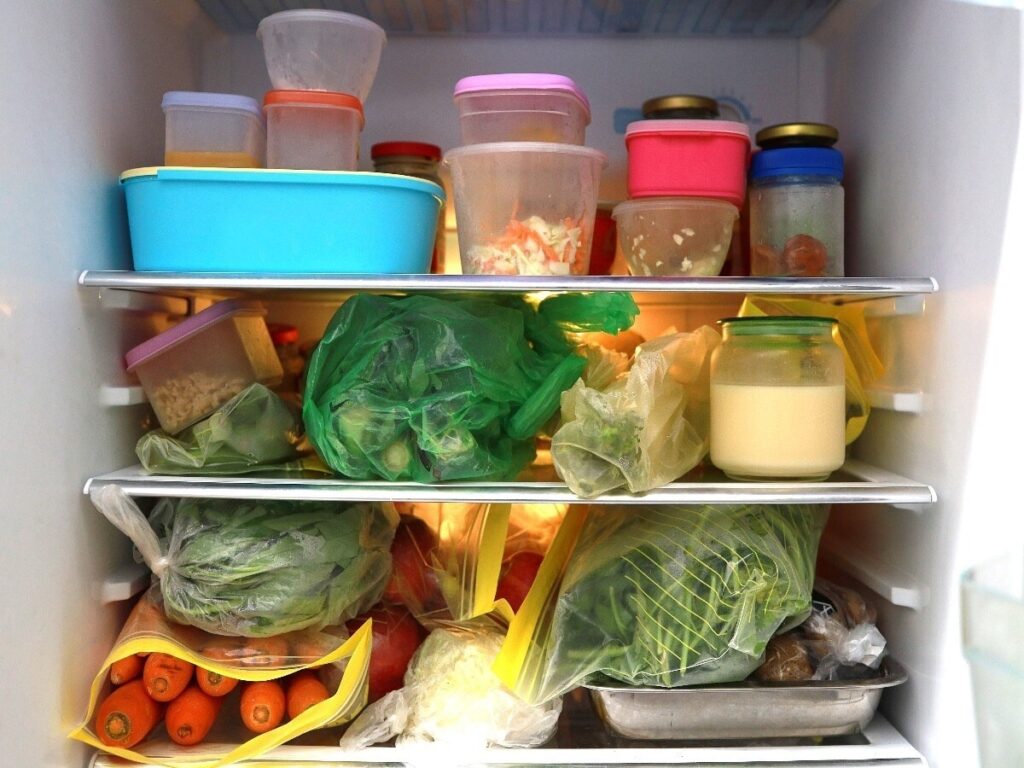Storing food in the refrigerator for extended periods can be detrimental to your health. Understanding the appropriate storage times for various food items is crucial for both safety and quality. In this article, we will explore the optimal durations for storing different types of food in the fridge, the risks associated with improper storage, and tips for maintaining food freshness.
Understanding Food Storage Safety
Food safety is paramount, and knowing how long each item can stay in the fridge can prevent foodborne illnesses. Each category of food has different shelf lives, and this varies with factors like the temperature of the fridge and how well the food is packaged.
Refrigerator Temperature Guidelines
The ideal refrigerator temperature is below 40°F (4°C). Keeping your fridge at this temperature ensures that food stays fresh longer and minimizes the growth of bacteria.
Food Storage Duration Recommendations
| Food Item | Recommended Storage Duration |
|---|---|
| Cooked Meat and Poultry | 3 to 4 days |
| Raw Ground Meat | 1 to 2 days |
| Steaks, Chops, and Roasts | 3 to 5 days |
| Eggs | 3 to 5 weeks |
| Dairy Products (Milk, Cheese) | 1 week (for opened milk), Up to 1 month (for cheese) |
| Fruits and Vegetables | 1 week (varies by type) |
| Leftovers | 3 to 4 days |
Risks of Long-term Storage
Storing food beyond its recommended timeframe can lead to several health risks. Bacteria such as Salmonella and E. coli can proliferate, causing food poisoning. Furthermore, food might undergo quality degradation, leading to a loss of taste and texture.
Tips for Keeping Food Fresh
- Label your food: Always mark containers with the date they were prepared.
- Store food in airtight containers: This helps to prevent contamination and dry out.
- Regularly clean your fridge: A clean fridge helps maintain ideal conditions for food storage.
- Utilize the freezer: If you have leftovers or items you won’t consume soon, consider freezing them.
Conclusion
Being knowledgeable about food storage durations in the refrigerator ensures that you can enjoy your meals safely and avoid the risks of foodborne illnesses. By adhering to the guidelines provided in this article, you can maximize freshness and minimize waste, fostering a healthier lifestyle and a more efficient kitchen.
